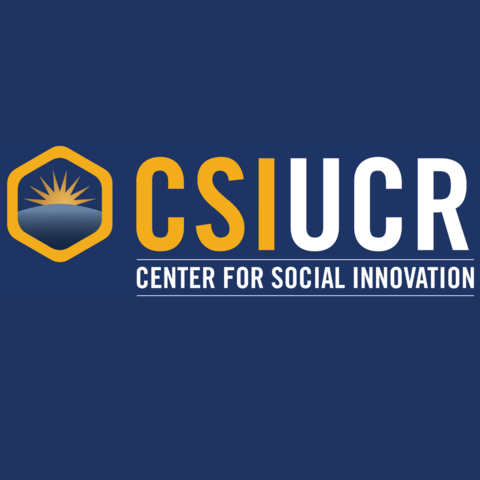Center for Social Innovation
Arielle Manganiello
My name is Arielle Manganiello, I am a fourth year PhD Candidate co-advised in social psychology and political science. My research interests include examining how generalized beliefs about groups, individual identities, and the political and social context of society affects individual's political attitudes and behaviors. Particularly voting and candidate evaluations.
I have always been fascinated in the people’s life stories, with a desire to understand the underlying mechanisms of human behavior (e.g., why people do what they do). This curiosity and passion drove me to my master's in clinical and counseling health psychology. Following my degree, I had a short career as a family therapist at a non-profit in a county outside of Philadelphia. In this role, I worked with children at risk of out of home placement and their families, s a therapist and advocate for the children and families struggling with mental health disorders, chronic stressors, and systemic barriers.This experience was impactful in so many ways. I experienced families systemically barred from the resources and services they needed. In my second year as a family therapist, I felt the call to make a bigger impact in the society.
In addition to the intimate and rich experience with families, I was always drawn to justice and equality of all humans in our world. Feeling deeply and resonating with sociological courses in my undergraduate, where I learned the feminist rally concept of the personal is political, made me aware of my passion for learning and understanding politics. As I continued to gain life experience and education, I became more aware of how each of these aspects are interrelated. This guided me to pursue research in political psychology. Specifically, I aim to deeply understand how individuals and groups form candidate evaluations. Some of the specific areas I am interested in include whether generalized beliefs, or stereotypes, affect women candidates. Additionally, how positionality, or the social and political context that creates one’s identity (e.g., race, class, gender, sexuality, and ability status), affects voting behavior.
My role at CSI involves working on a collaborative project between UCR Center for Social Innovation, UWPHI, and the Robert Wood Johnson foundation titled, “Civic engagement and population health: Deepening understanding and exploring connections across county-level indicators”. The objectives include improving research and understanding of the range of civic engagement measures and their connections to community conditions and population health.My current role in this project is lead researcher. Since January, I have been working on drafting a literature synthesis and compendium of key concepts.
The work that our community partners are doing featured both in the State of Civic Engagement in the Inland Empire and State of Women in the Inland Empire both inspire me in different ways. In the former, the grassroots organizing on a local level is humbling to see, across the inland empire, and inspires me to become a better advocate and connect and engage with the issues in a way that I might not before. In the State of Women in the Inland Empire, it is amazing the work that our community partners are doing to engage in research and empower, shed light on issues, and lift up women in the inland empire.
